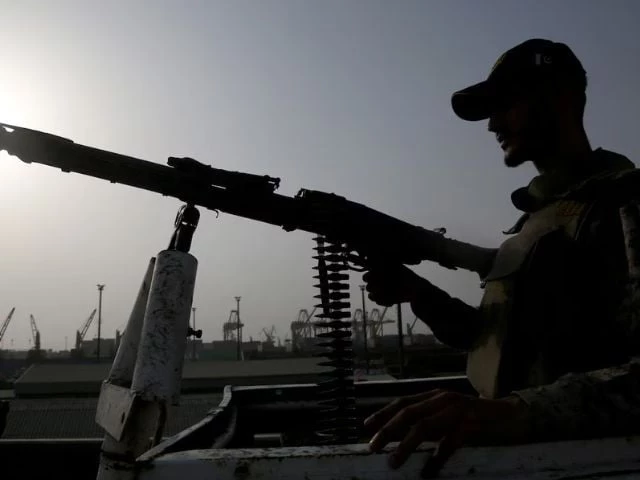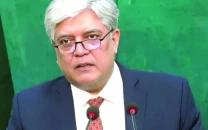G7 urges de-escalation between Pakistan and India
US offers to assist in initiating “constructive talks” between the nuclear-armed neighbors

The Group of Seven (G7) nations on Friday urged India and Pakistan to immediately de-escalate rising military tensions and engage in direct dialogue following deadly cross-border strikes and clashes that have claimed dozens of lives.
“We urge maximum restraint from both India and Pakistan,” the G7 said, warning that “further military escalation poses a serious threat to regional stability.”
The United States has also offered to assist in initiating “constructive talks” between the nuclear-armed neighbors.
US Secretary of State Marco Rubio has spoken with Pakistani Army Chief Gen. Asim Munir and Indian Foreign Minister Subrahmanyam Jaishankar, offering US assistance to facilitate talks.
While President Donald Trump earlier called the tensions “a shame,” Vice President JD Vance distanced Washington from deeper involvement, saying a war would be “none of our business.”
Despite political divides, both Indian and Pakistani national security councils have reportedly established limited contact.
The G7 called for a “swift and lasting diplomatic resolution,” emphasising that peace in South Asia is vital for global security.
Tensions between India and Pakistan have continued to mount following the April 22 attack in Pahalgam, Indian Illegally Occupied Jammu and Kashmir (IIOJK), which left 26 people dead. India blamed Pakistan-based elements without presenting evidence. Pakistan strongly rejected the allegations.
In response, India closed the Wagah border, suspended the Indus Waters Treaty, and revoked Pakistani visas. Pakistan called any disruption to the treaty an “act of war” and sealed the border on its side.
The situation escalated further on May 6 and 7, as Indian airstrikes hit multiple locations inside Pakistan, including Muzaffarabad, Kotli, Muridke, and Bahawalpur. Pakistan responded with air and ground operations under action that saw the downing of five Indian fighter jets, including French-made 4.5 gen Rafale aircraft.
Pakistan’s military also reported intercepting 77 Israeli-made Harop drones used by India, describing the drone campaign as a “desperate and panicked response.” The Inter-Services Public Relations (ISPR) said the drones were neutralised using both electronic and conventional air defences.
As part of its Operation Bunyan-un-Marsoos,, Pakistan launched the Al-Fatah missile early on Saturday, naming it in honour of children killed during recent Indian strikes. Security officials said the operation is focused on destroying launch sites used to target civilians and mosques.
Despite the escalation, officials on both sides signalled conditional openness to de-escalation. Pakistan’s foreign minister said further action would be reconsidered if India halted aggression, while Indian Air Force Wing Commander Vyomika Singh stated de-escalation would only be pursued if Pakistan reciprocated.
Singh made the remarks at a joint press conference with Indian Army Colonel Sophia Qureshi and Foreign Secretary Vikram Misri. Colonel Qureshi confirmed that Pakistan’s strikes caused damage and injuries at five Indian airbases—Udhampur, Pathankot, Adampur, Bhuj, and Bathinda.
Pakistan’s Defence Minister Khawaja Asif clarified that no meeting of the National Command Authority (NCA) had been held or was currently planned.











1725362185-0/Untitled-design-(11)1725362185-0-208x130.webp)













COMMENTS
Comments are moderated and generally will be posted if they are on-topic and not abusive.
For more information, please see our Comments FAQ